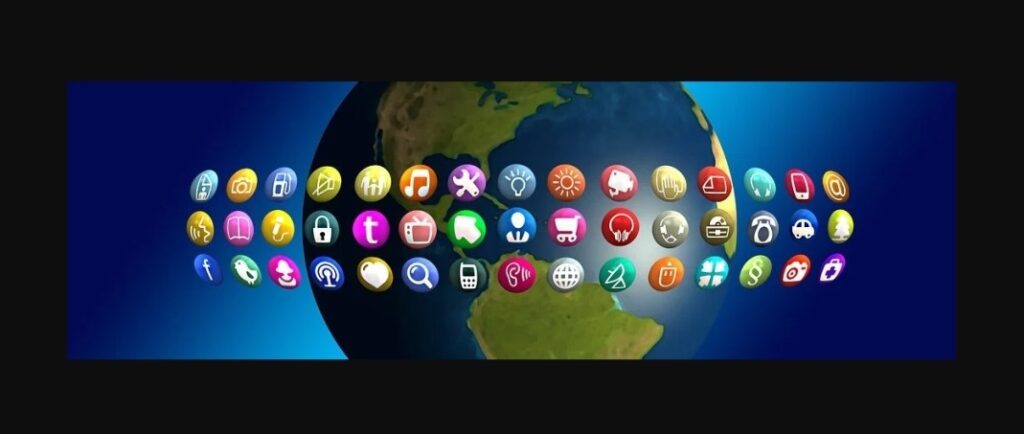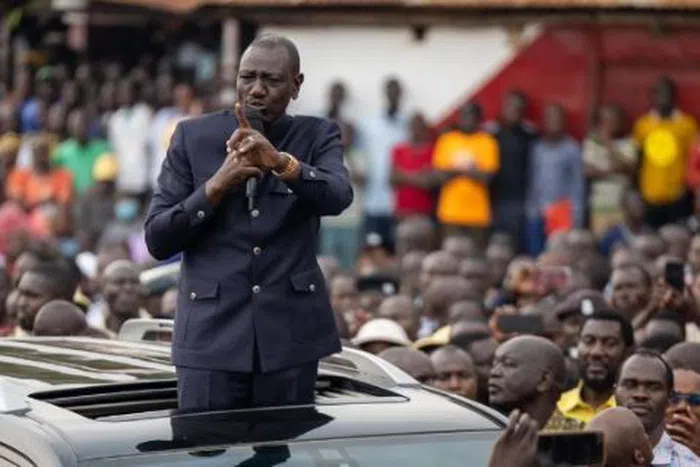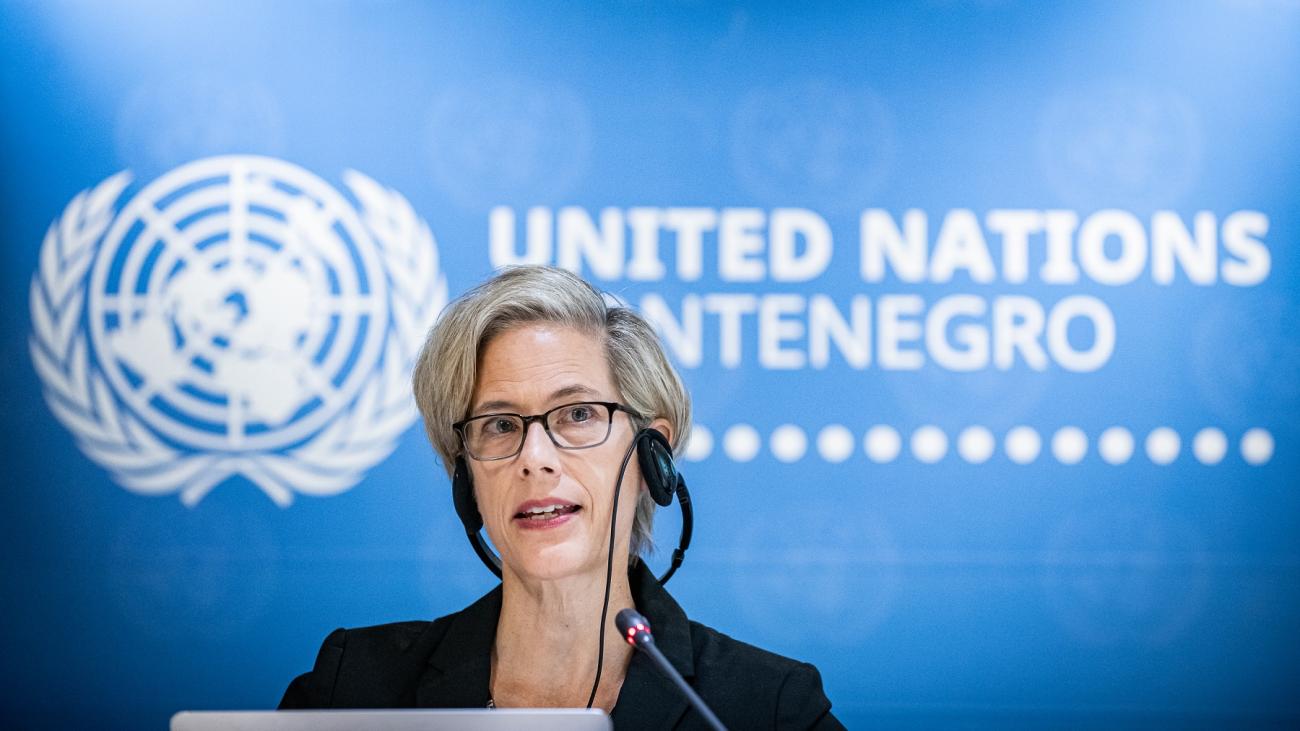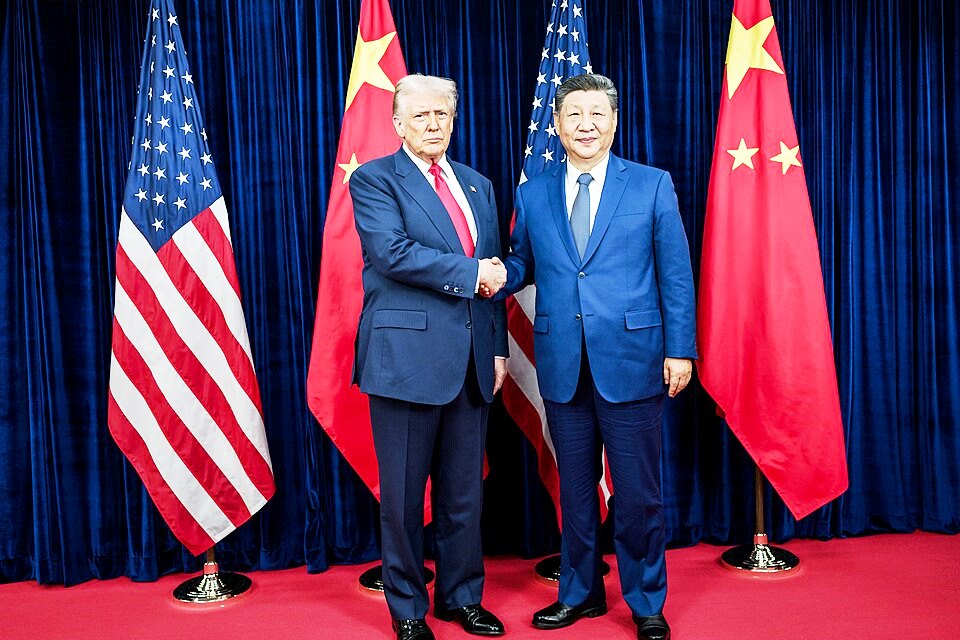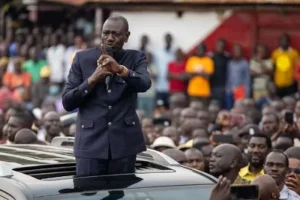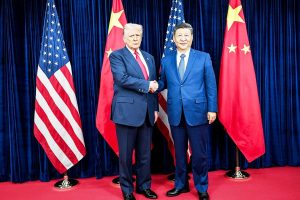TikTok is a video-sharing app that allows users to create and share short-form videos on any topic. PHOTO/PIXABAY
By SPECIAL CORRESPONDENT
newshub@eyewitness.africa
Since its introduction to the US in 2018, TikTok has been fighting for its right to exist.PHOTO/LOGO WINE
First, the company struggled to convince the public that it wasn’t just for pre-teens making cringey memes; then it had to make the case that it wasn’t responsible for the platform’s rampant misinformation (or cultural appropriation … or pro-anorexia content … or potentially deadly trends … or general creepiness, etc).
But mostly, and especially over the past three years, TikTok has been fighting against increased scrutiny from US lawmakers about its ties to the Chinese government via its China-based parent company, ByteDance.
On March 1, the US House Foreign Affairs Committee voted to give President Biden the power to ban TikTok. But banning TikTok isn’t as simple as flipping a switch and deleting the app from every American’s phone.
It’s a complex knot of technical and political decisions that could have consequences for US-China relations, for the cottage industry of influencers that has blossomed over the past five years, and for culture at large. The whole thing could also be overblown.
The thing is, nobody really knows if a TikTok ban, however broad or all-encompassing, will even happen at all or how it would work if it did. It’s been three years since the US government has seriously begun considering the possibility, but the future remains just as murky as ever. Below, Vox has more details. Read here.




